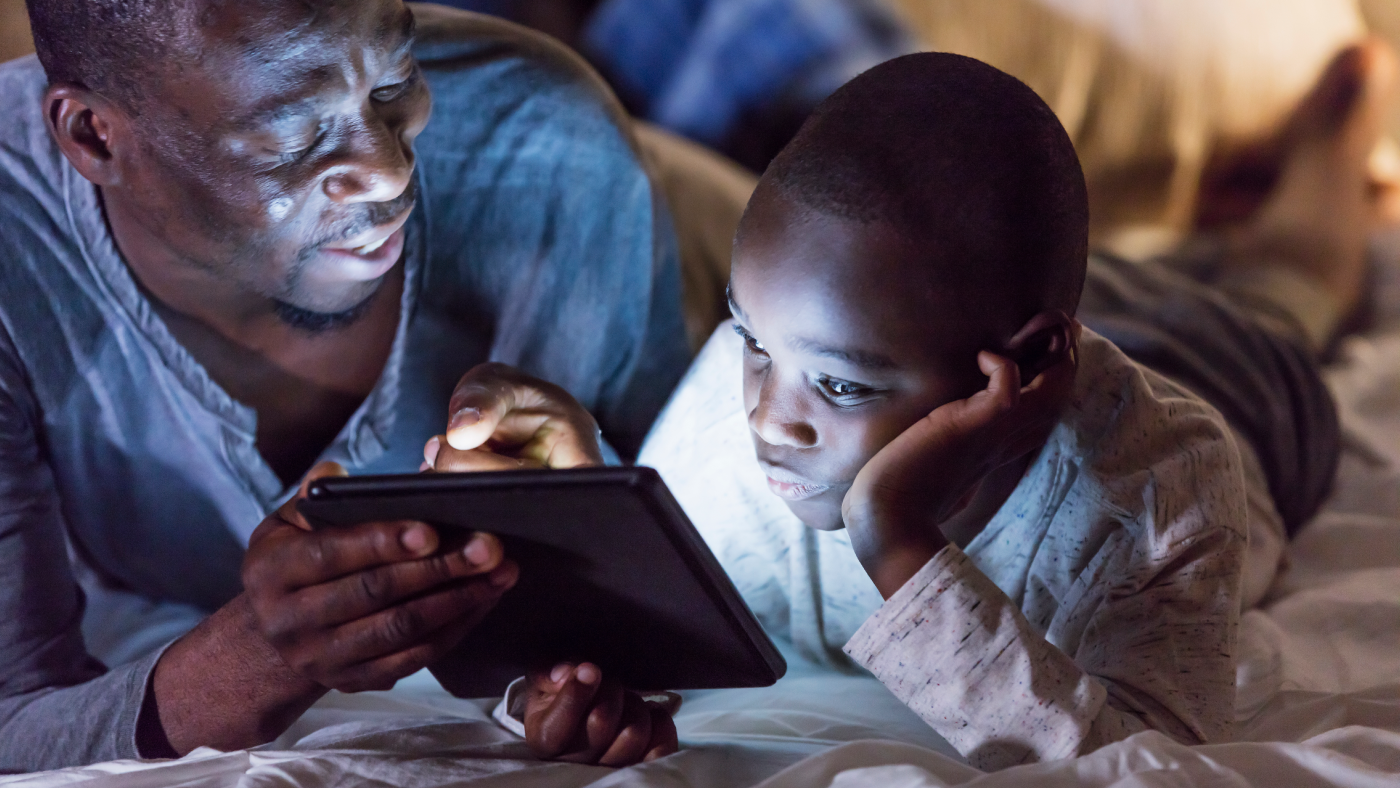
News Consumption Across Social Media in 2021
About half (48%) of U.S. adults say they get news from social media “often” or “sometimes,” a 5 percentage point decline compared with 2020. More than half of Twitter users get news on the site regularly.
About half (48%) of U.S. adults say they get news from social media “often” or “sometimes,” a 5 percentage point decline compared with 2020. More than half of Twitter users get news on the site regularly.
Here are some key takeaways for how the public engaged with Team USA on Twitter during the Tokyo Olympics.
The digital divide between Americans who have a disability and Americans who do not remains for some devices.
Nine-in-ten Americans say the internet has been essential or important to them, many made video calls and 40% used technology in new ways. But while tech was a lifeline for some, others faced struggles.
Roughly half of Americans say that they have been getting some (30%) or a lot (18%) of news and info about COVID-19 vaccines on social media.
Rural adults are less likely than suburban adults to have home broadband and less likely than urban adults to own a smartphone, tablet or computer.
48% of US adults say the government should restrict false information online, even if it means losing some freedom to access/publish content.
Here’s a look at how adults in the United States see cancel culture, political correctness and related issues, based on the Center’s surveys.
A majority of Americans (68%) believe major technology companies have too much power and influence in the economy.
Black and Hispanic Americans remain less likely than White adults to say they own a traditional computer or have high-speed internet at home.

Roughly four-in-ten Americans have experienced online harassment. Growing shares face more severe online abuse such as sexual harassment or stalking.
Two-thirds of parents in the U.S. say parenting is harder today than it was 20 years ago, with many citing technologies, like social media or smartphones, as a reason.
From distractions to jealousy, how Americans navigate cellphones and social media in their romantic relationships.
Majorities of U.S. adults believe their personal data is less secure now, that data collection poses more risks than benefits, and that it is not possible to go through daily life without being tracked.











